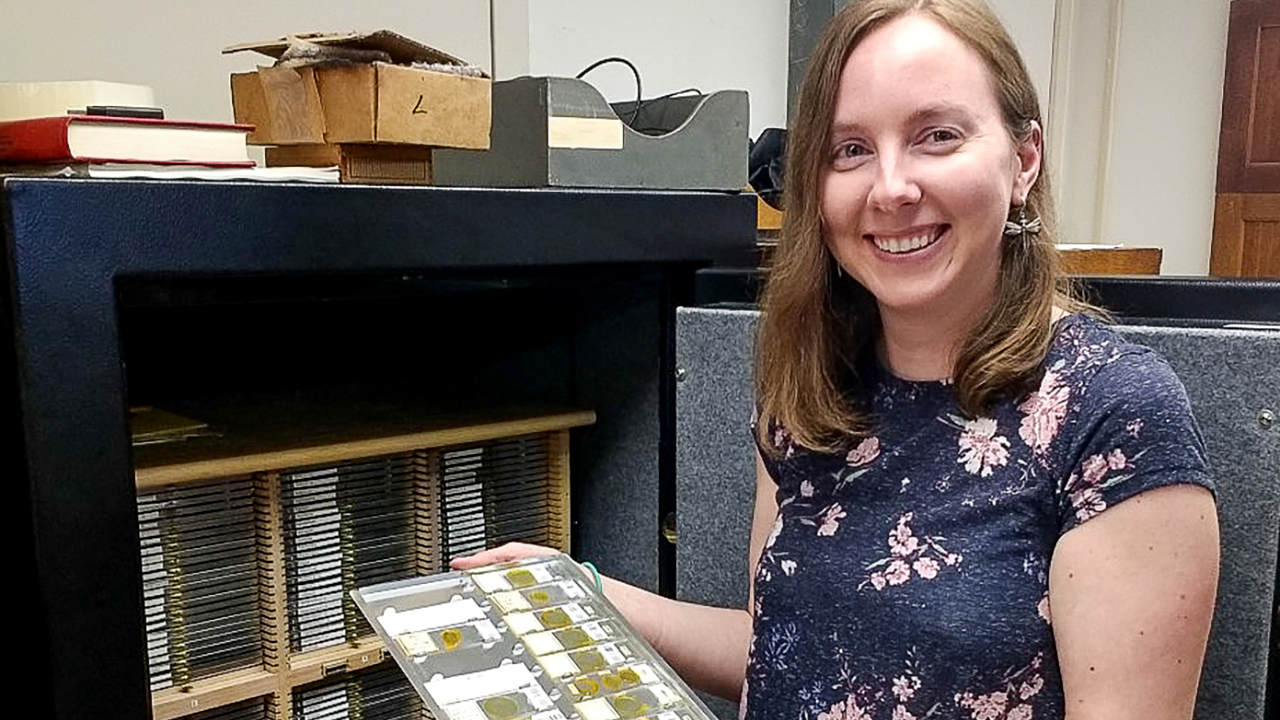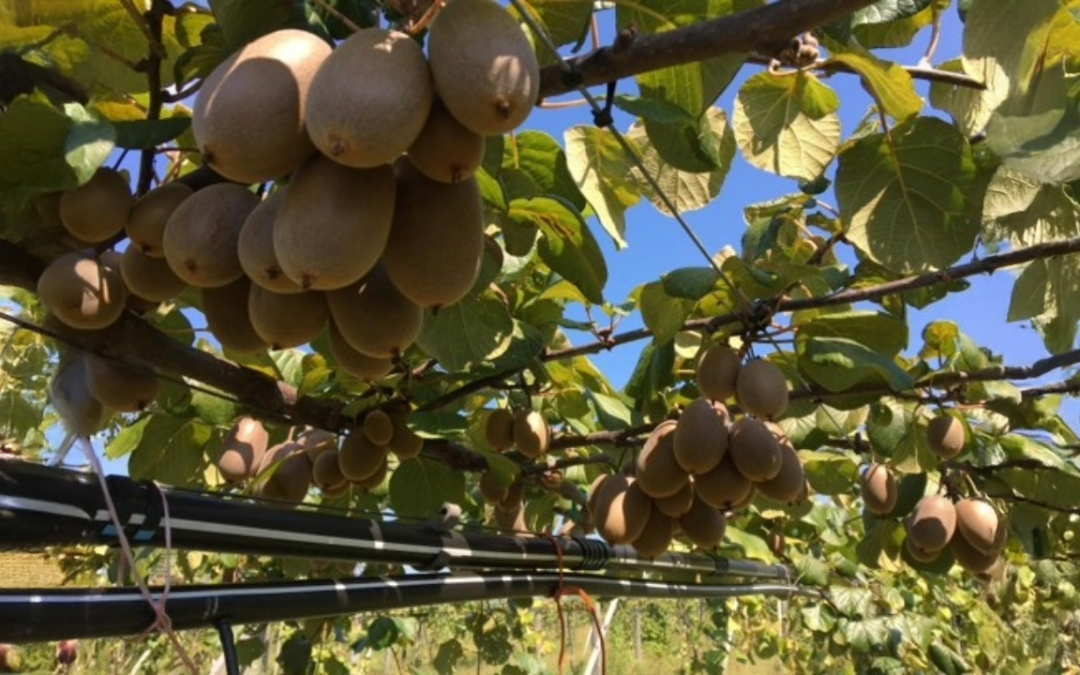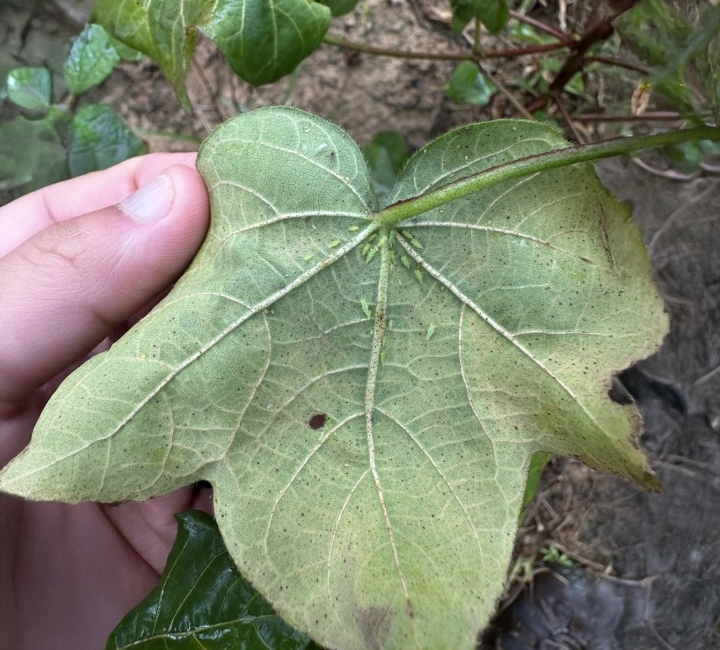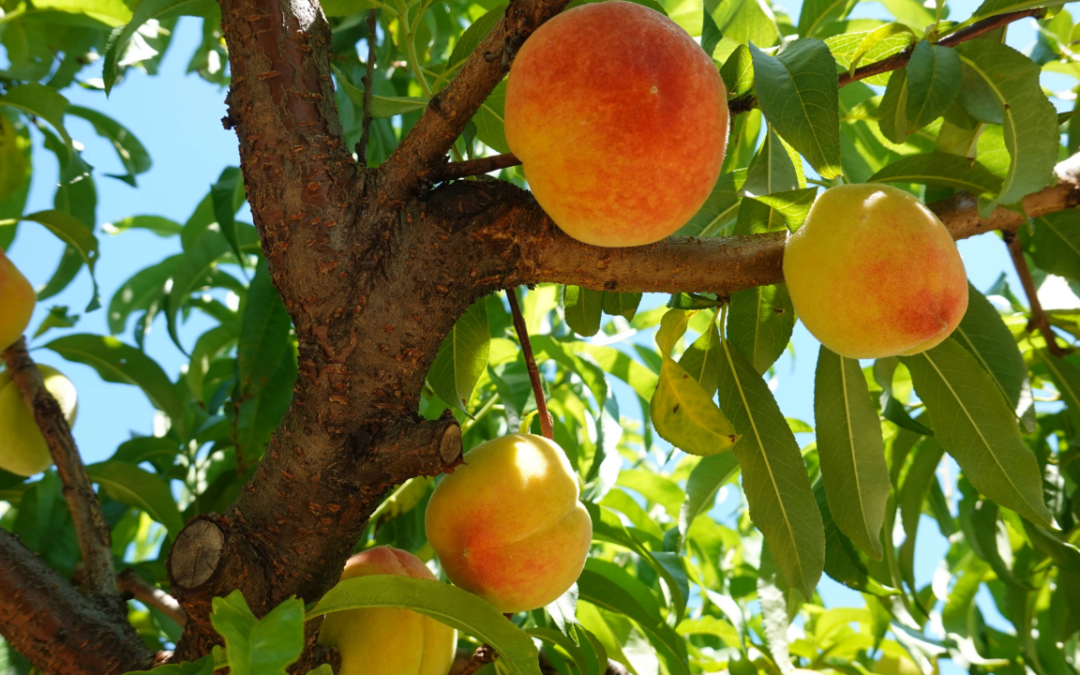By Mitch Emmons
A recent doctoral graduate in the College of Agriculture’s entomology program has completed the first scientific classification and identification study of a group of insects, phylloxerans – an insect similar to an aphid – that has been undertaken in more than a century.
Fredericka “Ricki” Hamilton graduated in August with a Ph.D degree in entomology. A native of Colonial Heights, Virginia, Hamilton conducted her doctoral research on an understudied group of gall forming insects known as phylloxerans.
Galls are abnormal plant growths caused by insects, mites, nematodes, fungi, bacteria and viruses, Hamilton explained. Galls can be caused by feeding or egg-laying of insects and mites. Insect galls rarely affect plant health and their numbers vary from season to season.
Hamilton’s study involved an examination of gall-producing phylloxerans during the spring in hickory, oak, chestnut and walnut forests within 15 different states. It is the first update to U.S. species characterizations made in more than 100 years, according to her former academic mentor Alana Jacobson, an assistant professor in the Department of Entomology and Plant Pathology.
New information about insect species is important for many reasons, Jacobson said.
“New information about the diversity of life on this planet provides perspective on important biological, ecological and genetic features that contribute to evolution, species persistence and ecosystem functioning,” Jacobson said. “Understanding species diversity is also important for regulatory agencies to identify potential threats posed by introductions of non-native species into new areas.”
“Ricki’s work produced samples, photographs and characterizations of these insects, their galls, and genetic diversity that identified over 14 new species of phylloxerans and has advanced our understanding of the life history and evolutionary relationships of these insects,” Jacobson said.
Her major contributions to this area of study include 1) collecting and identifying species from 15 newly studies states; 2) identifying 14 new species, with additional putative species currently being examined by a collaborator; 3) collecting, photographing, drawing and measuring morphological features of collected insects and their galls; 4) providing an updated taxonomic key that includes updated and new information about the previously reported species; and 5) a dataset of measurements, collections of phylloxerans, galls and natural enemies that can be examined in future studies.
“She collected so much new material there was not enough time to finish characterizations on all of it during her Ph.D,” Jacobson said.
Hamilton earned her bachelor’s degree in biology from the University of Mary Washington in Virginia and then worked for four years as an agriculture specialist with United States Customs and Border Protection in Miami. During her time as an agriculture specialist, she did preliminary identifications on insects that she would intercept in international cargo and that ultimately inspired her to become an entomologist. She went on to earn a master’s degree in entomology from the University of Arkansas and came to Auburn in 2015 on a research assistantship to pursue her doctorate.
In addition to her dissertation research on phylloxerans, Hamilton had the opportunity to work with Douglas Williams, a renowned British entomologist with the Department of Life Sciences at the Natural History Museum in London. Together, they identified and described five new species of armored scale insects from New Caledonia.
“Our work took four years to bring to this point,” Hamilton said. “I was able to come to Auburn on a fully funded research assistantship to work on my Ph.D. I will stay on in that research position to continue my work with phylloxerans.”
Ultimately, however, Hamilton hopes to work for the United States Department of Agriculture, the U.S. Forestry Service or a museum.





